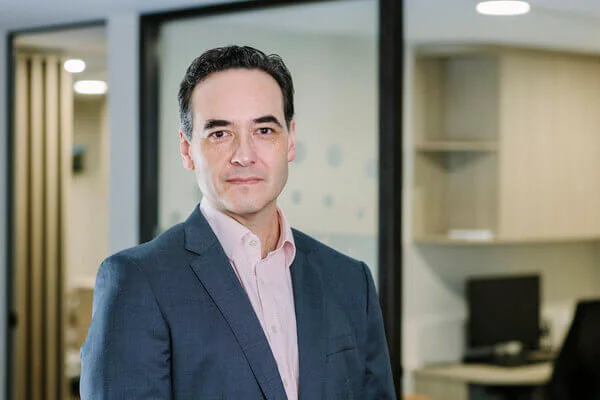Not all surgeons are created equal.
There are many misunderstandings about plastic surgeons and cosmetic surgeons, with many patients mistakenly believing that they are equivalent when they are not. If you have always thought of cosmetic and plastic surgery as one in the same, you’re not alone. A substantial number of plastic surgeons choose to focus on cosmetic surgery, and this has led to the terms often being used interchangeably, even though this is technically incorrect.
The number of physicians who are performing surgical procedures that should only be done by a certified plastic surgeon is astounding. There are medical practitioners in Australia, such as general practitioners, who are legally calling themselves cosmetic surgeons Melbourne. These misperceptions regarding the industry shed some light on the need for more patient education regarding the importance of credentials.
Aesthetic vs. reconstructive
Plastic surgery is a broad speciality field that consists of several sub-specialties. This includes reconstructive surgery which is aimed at restoring any body parts that are abnormal due to injury, cancer or birth defect (eg breast reconstruction, congenital abnormalities, burns, skin cancer); and cosmetic surgery (breast augmentation, face lifts), which aims at reshaping and enhancing aesthetics and appearance.
In contrast, reconstructive surgery is often considered medically necessary, and may as such be covered by health insurance. However, cosmetic surgery is not.
There are procedures which have aspects of both to them, eg. breast reduction, blepharoplasty (eyelid surgery), abdominoplasty, post weight loss surgery. In these areas private insurance/Medicare may provide cover dependent on individual assessment
While both cosmetic surgery and plastic surgery deal with improving a patient’s body, the overarching values, training, and goals for patient outcomes are different.
Cosmetic vs. plastic surgery: The training
It is currently legal for any Australian doctor with a basic medical degree to perform surgery. A plastic surgeon, on the other hand, has earned their specialist degree through extensive surgical education and training. This means they have a minimum of 12 years medical and surgical education, including at least an additional 5 years of specialist postgraduate training. This is the fundamental difference between a plastic surgeon and a cosmetic surgeon.
This means that a practitioner referring to themselves as a cosmetic surgeon could, in fact, be a general surgeon, dermatologist, or a family doctor who has decided that they want to perform cosmetic procedures. The training they have undertaken can be anywhere from a one-year cosmetic surgery fellowship to a handful of short weekend courses on topics ranging from how to perform liposuction, utilise injectables, or place breast implants.
Board certification
It is always important to confirm that a plastic surgeon has been certified by the Royal Australasian College of Surgeons (RACS) – recognised by the Medical Board of Australia – and is a member of ASPS (Australian Society of Plastic Surgeons) Only RACS trained ASPS members can call themselves plastic surgeons.
Cosmetic surgeons who claim to be board certified may have received their certificate from the Australasian College of Cosmetic Surgery (ACCS), which is not recognised by the Medical Board of Australia. Cosmetic surgeons claiming to be board-certified can be misleading if you don’t know the right questions to ask.
Surgical procedures always come with the risk of complications. You can reduce this chance by selecting a surgeon who is trained, qualified, and accredited to perform the highest level of procedures and surgeries.






